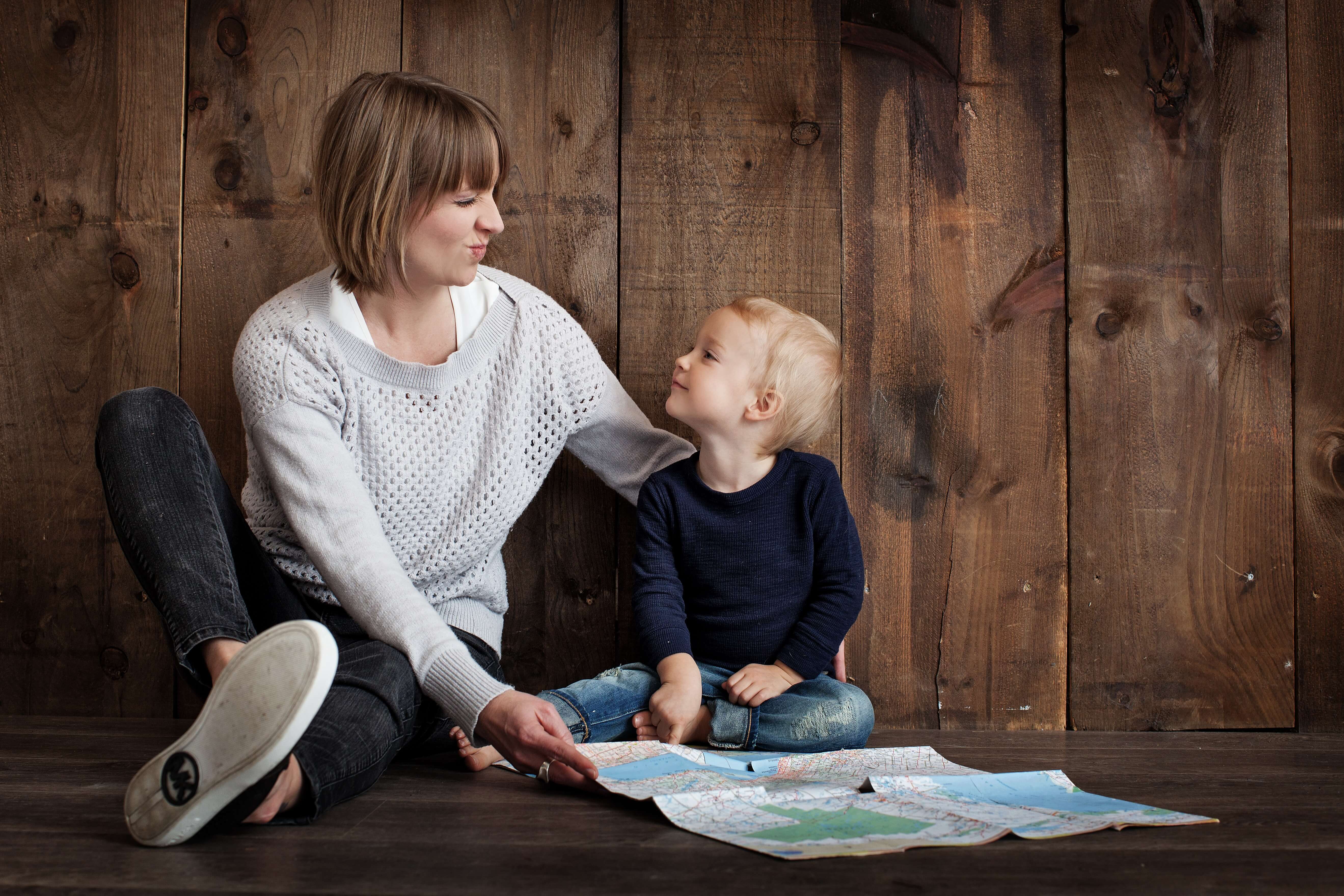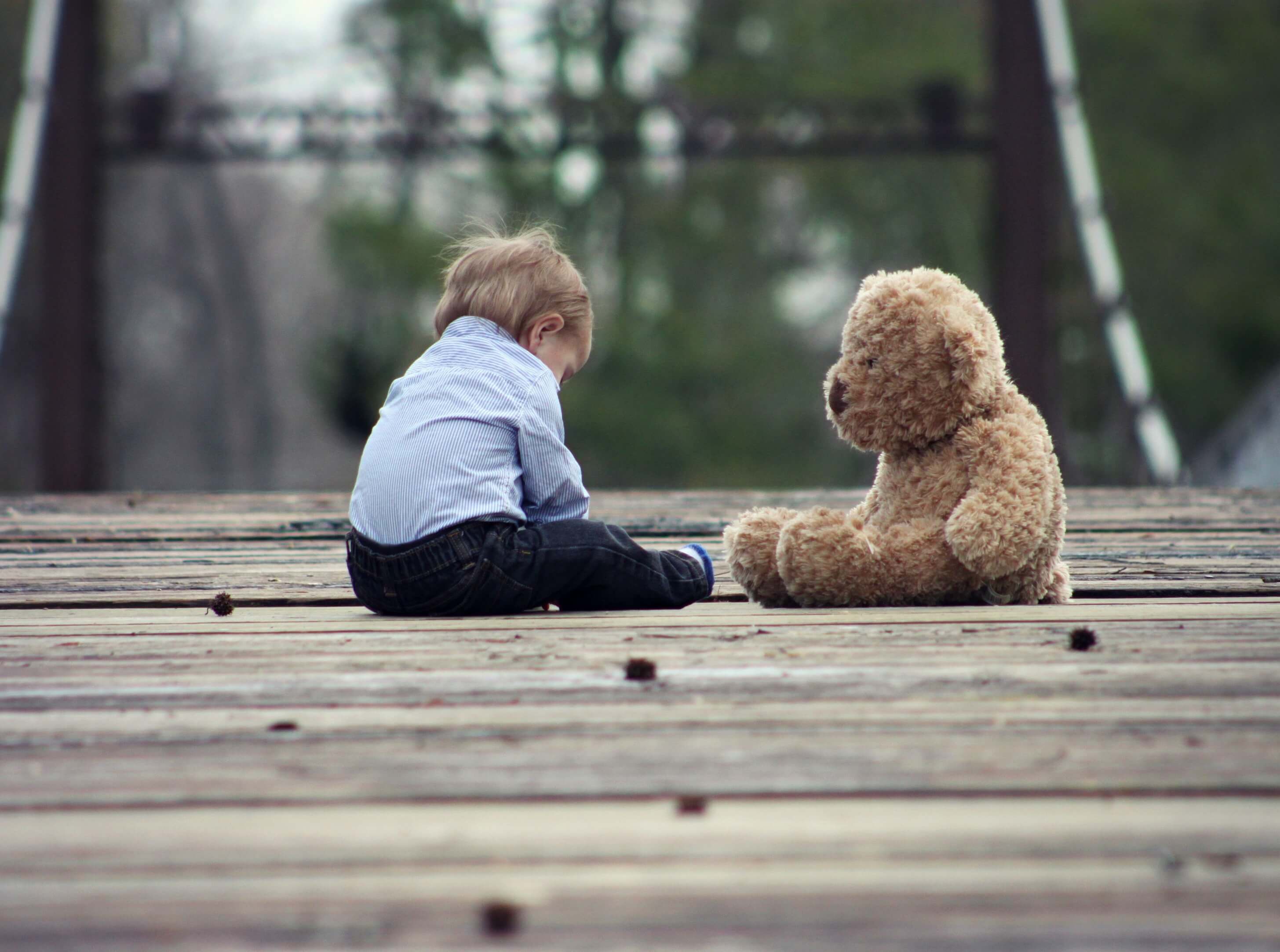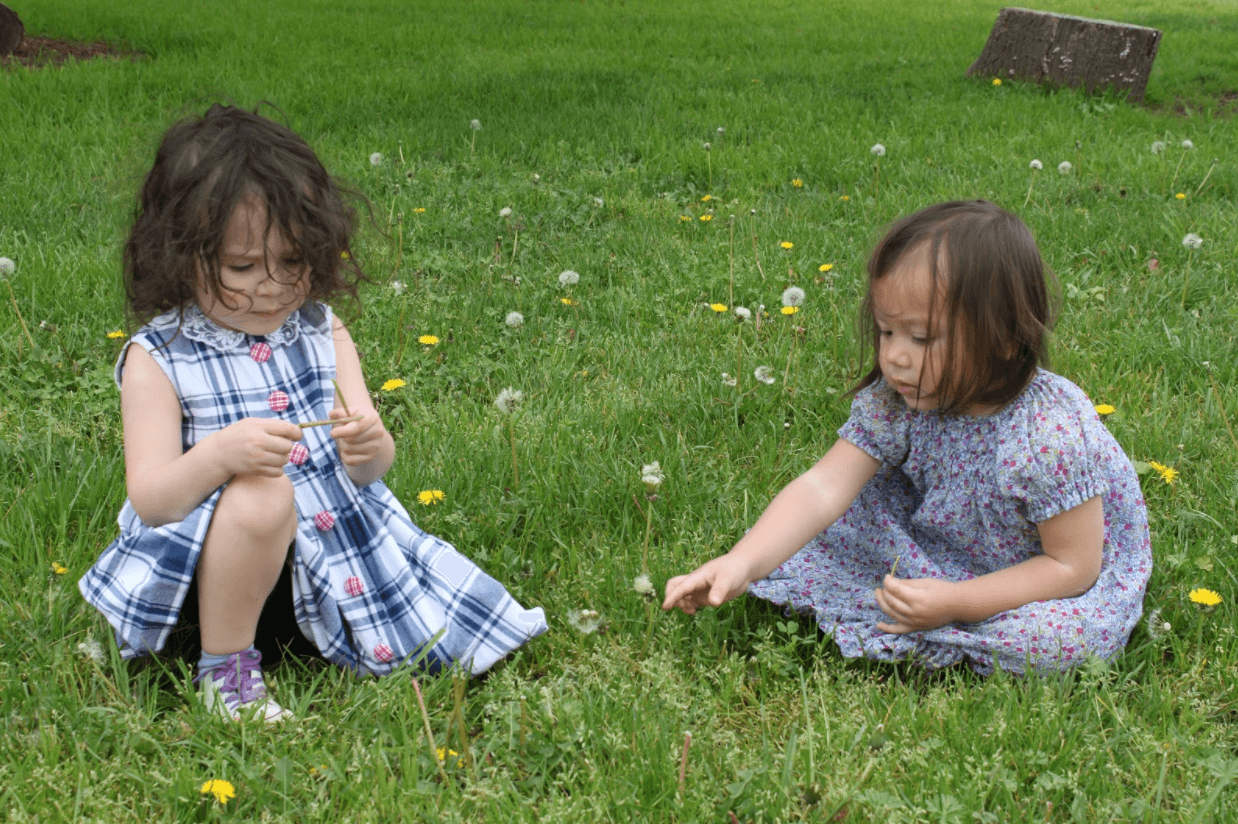![]() Written by One Love Writers Corp member, Jade Anna Hughes
Written by One Love Writers Corp member, Jade Anna Hughes
Every afternoon without fail, my daughters will ask for a cookie for their late afternoon snack, even though they know that we have a very firm “no sweets” after lunch boundary. Establishing rules from an early age can only benefit a growing child by preparing them for life in the real world. Toddlers and preschoolers naturally push boundaries as much as they can—and parents, carers, and educators need to help them build their own limits. Boundaries not only help a child feel safe, they also enable them to develop into confident, responsible, and compassionate adults.
There have been a number of studies researching the correlation between teaching a young child to respect boundaries and limits, and their interaction with the world as they grow up. The general consensus is that everyone has their own personal limits, and a child who understands that is less likely to push the limits of others, and more likely to feel able to express their own boundaries confidently; which is good news as they grow up and begin to establish the boundaries for their own friendships and even dating relationships. In this respect, we can see rules and limits as early foundations towards the development of healthy relationship practices in the future!
Here are four ways a parent or guardian can work with their children to help establish healthy relationship practices:
1. No means No

In theory, this one sounds really simple: when you say, “No,” it means “no.” Children, however, tend to repeat their demands over and over in order to wear you down (and it works!). But consistency is key. If you have set a rule of no candy after 3pm, and your child asks for some at 4pm, it’s important to say, “No,” and offer a different snack up as an option. It may sometimes be easier to just give in, but this actually is a disservice to both parent and child, because conflicting rules and blurry lines can cause confusion and frustration on both sides. Consistency helps establish the boundary and, after a few days, the child will most likely move on to something else.
Why this matters: While this helps the parent set rules and safety limits, it also helps the child understand the power of saying no. “No” doesn’t come surrounded by grey areas, it just means NO. Establishing this boundary at an early age gives them the confidence to say, “No” without hesitation, and also to accept ‘”no” as a final answer without question from a partner or friend. This boundary helps foster self-confidence and autonomy in future relationships.
2. Rules of Affection

Encouraging bodily autonomy at an early age helps children define their own boundaries when it comes to giving and receiving affection. By letting a child decide whether they want to give or receive a hug or a kiss, we are letting them know that they are in charge of their body and can choose what they do with it. Whereas forcing affection, even if it is with a beloved family member, can create unhealthy barriers in the long term. Love and respect can be shown in other ways: a high five, a big smile, or just a simple “hello,” as long as the child feels comfortable with it.
Why this matters: Providing a child with the choice in how they share affection and with whom they share it sets a foundation for solid bodily autonomy. By understanding body language, and by knowing that affection is a choice and not a rule, children grow up being more aware of future partners’ boundaries as well as being firm with their own. This autonomy gives people the confidence to remove themselves from certain situations or relationships without feeling guilty, and the skills to set their own pace in romantic relationships.
3. Quality Time & Communication

Quality one-on-one time with a child really helps develop self-esteem and self-awareness. This regular activity can be as simple as sitting on the floor with a child for 30 minutes and talking about their day. Quality time gives the parent the chance to really listen to what their children are saying, and children the time to feel appreciated through play. Toddlers often have a hard time expressing emotions verbally, which can lead to the dreaded toddler tantrum at the supermarket check-out (those rows of delicious-looking candy bars are slightly evil!). Other children may act out physically by hitting, kicking, and throwing objects. Providing them with the time and space to learn how to express their feelings, as well as develop confidence, gives a child the proper tools towards learning how to express emotions and feelings in a healthy manner. This activity also creates a sense of trust and equality between parent and child, helping them understand an environment where their thoughts and feelings are both respected and validated.
Why this matters: If a child has been given the time and space to learn healthy ways of expressing emotions and coping skills, they will have a solid base from which they can develop the tools to deal with everyday emotions and future life changes without having to seek approval in their relationships. As an adult, they will be more apt to keep a dialogue open with a partner and express their feelings confidently instead of shutting down, as well as respectfully consider their partner’s own feelings.
4. Independent play (alone and with others)

Independent play time is just as important as quality time, as this is where a child learns their own limits and preferences. Independent play can, of course be supervised, but the child should be left alone and encouraged to play by themselves, or with other children. Not only does this promote confidence and social interaction skills, but it also allows children to learn to cope with their own limits and those of others. Toddlers often lash out if they don’t feel in control or they can’t express themselves properly. Allowing them to develop their own limits and understand those of their peers organically will only help them grow into considerate and compassionate beings.
Why this matters: Learning to play independently creates the foundation to becoming a confident and self-reliant adult. In relationships, it gives a child the ability to feel confident in having a life and network outside of their relationship with their partner, leaving them less susceptible to isolation by a partner. Additionally, independent play fosters the ability to make choices and decisions without relying on others to help, potentially preventing children from becoming too dependent on a partner or unhealthy relationship later on.
Helping to establish and understand boundaries is an ongoing process that starts in early childhood and continues well into the teenage years. While the techniques change as the child gets older, the idea behind it doesn’t. The earlier we start this process with our children, the more likely they will grow into independent, responsible, and all-around happy people. And the more we help them understand the importance of boundaries, the healthier their relationships will be!
Sources:
- Why It’s Important To Set Healthy Boundaries With Your Kids – Mind Body Green
- Why Kids Need Rules – Parenting.com
- Boundaries and Expectations are Important Parenting Tools – MSU Extension
Browse by Category

How to Have Healthy Holiday Conversations with Family (and Prep Your Partner)
The holidays are a time for family, good food, and—let's be real—sometimes intense conversations. Whether it's politics, lifestyle choices, or…
3.2 Million Strong: How One Love is Saving Lives Through Education
Please share this blog with your network across social media,…
Finding Strength in Our Stories: Domestic Violence Awareness Month
⚠️ Trigger Warning: This blog includes content and language related…
Understanding Domestic Violence Awareness Month (DVAM)
October is almost here, and that means it’s time to…
4 Students Share How They Helped a Friend in an Unhealthy Relationship
Watching a friend struggle in an unhealthy or abusive relationship…














